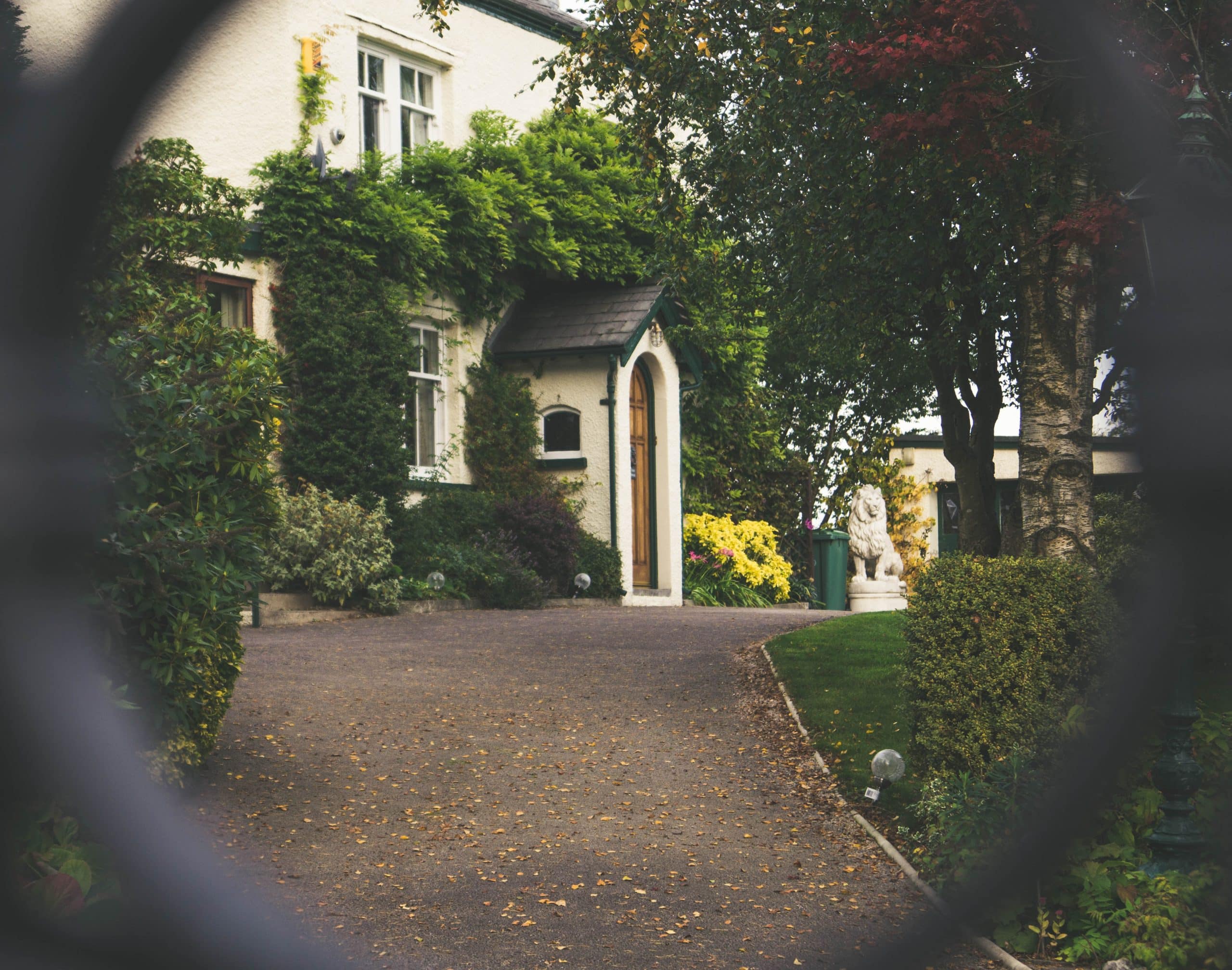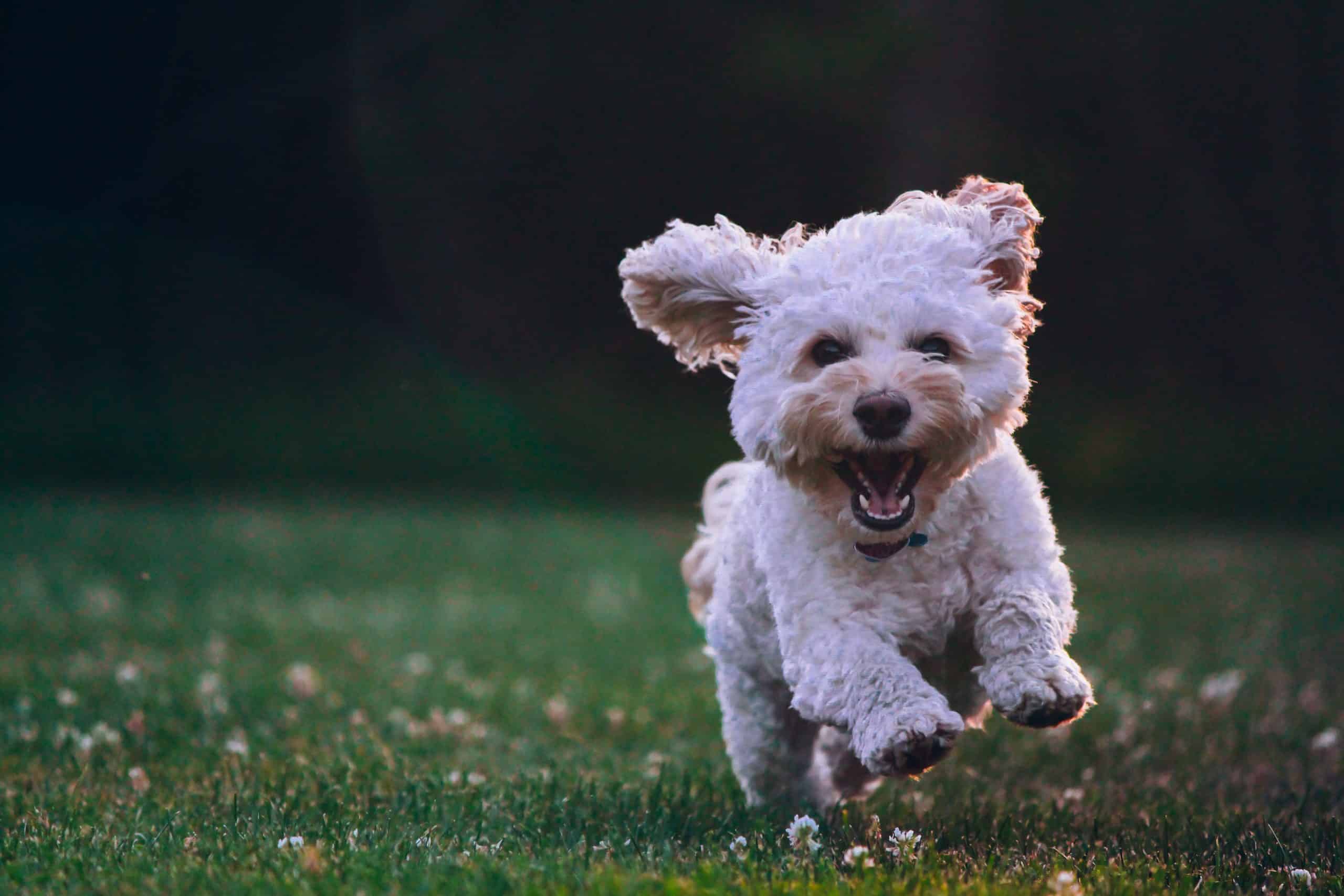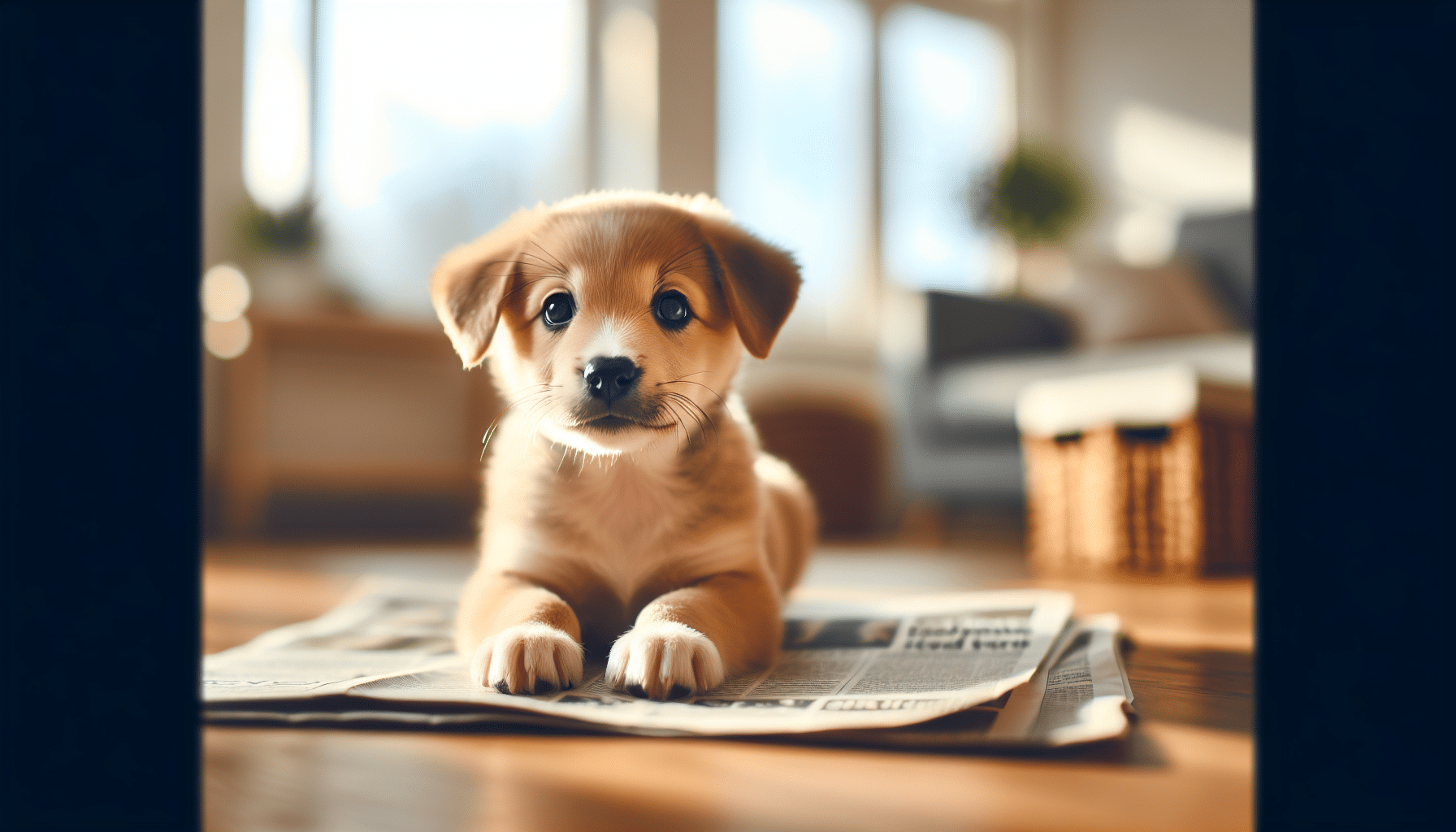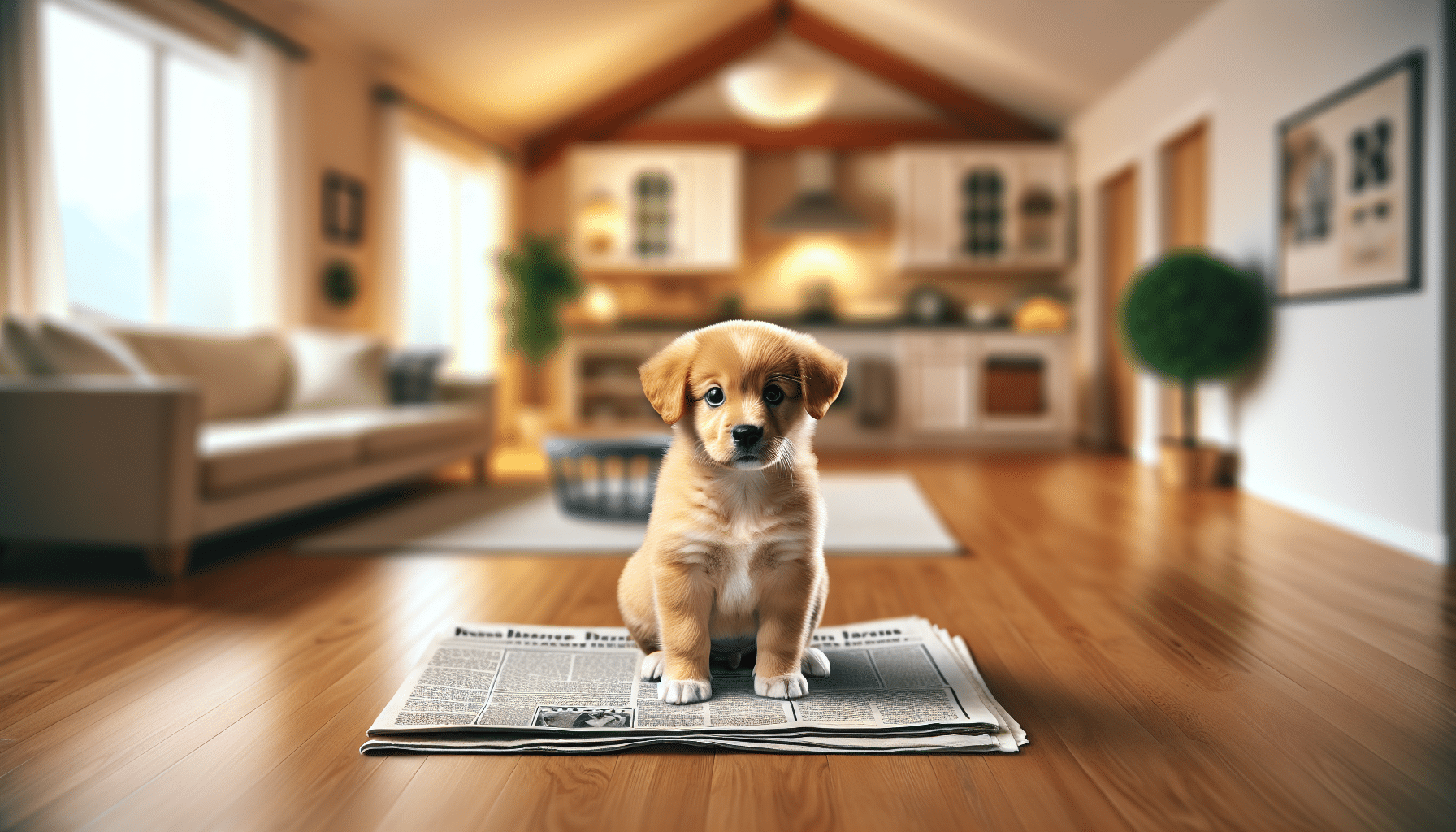So you've brought home a new furry member of the family, and now it's time to embark on the adventure of house training your puppy. Don't worry, you're not alone in this endeavor! In this article, we'll explore some valuable tips that will help you successfully navigate the house training process with your new canine companion. From establishing a routine to positive reinforcement techniques, you'll find practical advice that will set you and your puppy up for success in no time. Get ready to create a harmonious and clean living environment for both you and your adorable four-legged friend!

This image is property of images.unsplash.com.
Establishing a Routine
Create a Feeding Schedule
One of the first steps to house training your puppy is to establish a consistent feeding schedule. By feeding your puppy at the same time each day, you will be able to predict when they will need to relieve themselves. This will make it easier for you to anticipate bathroom breaks and help prevent accidents in the house. Make sure to provide your puppy with appropriate portion sizes based on their age and breed, and follow any dietary recommendations from your veterinarian.
Take Regular Bathroom Breaks
In addition to a consistent feeding schedule, it's important to also establish regular bathroom breaks for your puppy. Puppies have small bladders and may need to relieve themselves frequently, especially after eating or drinking, waking up from a nap, or engaging in strenuous play. Take your puppy outside to their designated potty area every few hours, and be sure to give them plenty of time to do their business. Remember to stay patient and give them praise and rewards when they successfully go potty outside.
Designate a Potty Area
Designating a specific area for your puppy to use as their bathroom is crucial for successful house training. Choose an easily accessible spot in your yard that is far away from any play areas or high-traffic areas. Take your puppy to this spot every time you go outside for bathroom breaks, and encourage them to go potty there. Consistency is key here. By consistently taking them to the same spot, your puppy will come to associate it with going potty, making the house training process much easier.
Using Positive Reinforcement
Use Treats and Rewards
Positive reinforcement is an effective and gentle way to train your puppy. When your puppy successfully goes potty outside, make sure to reward them immediately with treats or small, healthy snacks they enjoy. This positive association will reinforce their good behavior and motivate them to continue going potty in the appropriate area. It's important to find treats that your puppy finds particularly enticing, as this will make the reward even more effective.
Praise and Encouragement
In addition to treats, praise and encouragement can play a significant role in house training your puppy. Whenever your puppy goes potty outside, shower them with praise, petting, and enthusiastic words like "good job" or "well done." This positive reinforcement will not only make your puppy feel loved and appreciated, but it will also strengthen their understanding of what behaviors are desired. Remember to use a tone of voice that conveys excitement and happiness to make your puppy feel encouraged.
Avoid Punishment
While it can be frustrating when accidents happen, it's important to avoid punishing your puppy during the house training process. Punishment such as yelling, scolding, or physical discipline can create fear and anxiety in your puppy, making the training process more challenging and potentially damaging your relationship with them. Instead, focus on positive reinforcement and redirecting their behavior to the appropriate potty area. Patience and understanding are key when house training a puppy.
This image is property of images.unsplash.com.
Consistency is Key
Stick to a Schedule
Consistency is crucial when house training your puppy. Stick to a regular routine for feeding, bathroom breaks, and exercise. When you establish a predictable schedule, your puppy will learn when to expect certain activities and will be more likely to develop good habits. Try to feed your puppy at the same times each day and take them to their designated potty area at consistent intervals. Maintaining a routine will help your puppy understand what is expected of them and reduce the likelihood of accidents.
Maintain the Same Commands
Consistency in language and commands is also important during the house training process. Choose simple, clear commands such as "go potty" or "outside" and use them consistently when it's time for your puppy to relieve themselves. Avoid using multiple commands for the same action, as this can confuse your puppy and make it difficult for them to understand what is expected of them. By consistently using the same commands, your puppy will quickly associate the words with the desired behavior.
Reinforce Good Behavior
When your puppy successfully goes potty in the designated area, be sure to reinforce their good behavior. Offer them praise, treats, or a favorite toy to further instill the idea that going potty in the right place is a positive and rewarding experience. Additionally, keep an eye out for any signs that your puppy needs to go outside, such as circling or sniffing the floor, and promptly take them to their designated potty area. By consistently reinforcing good behavior, you'll help your puppy understand what is expected of them and encourage them to continue exhibiting that behavior.
Preventing Accidents
Supervise Your Puppy
Supervision is key when house training a puppy. Keeping a close eye on your puppy will enable you to anticipate their needs and prevent accidents from happening in the house. Consider using baby gates or keeping your puppy in a confined space when you cannot actively supervise them. This will limit their access to areas where accidents may occur and make it easier for you to redirect them to their designated potty area when necessary.
Use a Crate or Confined Space
Using a crate or confined space can be an effective way to prevent accidents and assist in house training. Puppies have a natural instinct to keep their sleeping area clean, so by confining them to a small space, such as a crate, they are less likely to have accidents while you are not able to supervise them closely. However, it's important to note that a crate should never be used as a form of punishment. The space should be just large enough for them to comfortably stand, turn around, and lie down.
Watch for Signs of Needing to Go Out
It's important to be attentive to your puppy's behavior and look for signs that they need to go outside. These signs may include restlessness, sniffing the floor, circling, or suddenly stopping play. If you notice any of these behaviors, take your puppy to their designated potty area immediately. By recognizing and responding to these cues, you'll help prevent accidents and teach your puppy to communicate their needs to you.

This image is property of images.unsplash.com.
Effective Cleaning
Use Enzyme-Based Cleaners
Accidents happen, even with the best training efforts. When they do, it's important to clean up the mess thoroughly to prevent lingering odors that may attract your puppy back to the same spot. Enzyme-based cleaners are specifically designed to break down the organic compounds in urine and feces, effectively eliminating odors. Avoid using cleaners that contain ammonia, as this can actually intensify the smell and encourage your puppy to use the area again.
Remove Odor Completely
In addition to using enzymatic cleaners, it's important to remove any lingering odor from accidents. Even if you can't smell it, your puppy's sensitive nose may still detect the scent, leading them to believe that the spot is an appropriate place to go potty. After cleaning with an enzymatic cleaner, consider using a black light to check for any residual stains or odors. If necessary, reapply the cleaner and thoroughly rinse the area to ensure that all traces of urine or feces are removed.
Discourage Repeated Accidents
To discourage repeated accidents in the same area, you can try placing deterrents near the spot. Dogs are sensitive to certain smells, such as citrus or vinegar, so spraying these scents in the area may help deter your puppy from using it as a bathroom. However, it's important to note that deterrence is not a substitute for consistent training and supervision. It should be used as an additional tool to reinforce the desired behavior of going potty in the designated area.
Dealing with Setbacks
Don't Get Discouraged
House training can sometimes have setbacks, but it's important not to get discouraged. Remember that accidents are a normal part of the learning process for a puppy, and it takes time and patience to establish good habits. If your puppy has an accident in the house, stay calm and clean it up with an enzymatic cleaner. Avoid punishing your puppy, as this can create fear and anxiety, making the training process even more difficult.
Stay Patient and Persistent
Patience and persistence are key when it comes to house training your puppy. Every puppy is different, and some may catch on quickly while others may take longer to understand the desired behavior. Stay consistent with your training methods, reinforce good behavior, and continue to provide positive reinforcement and rewards. Keep in mind that accidents may still happen as your puppy learns, so it's important to remain patient and persistent throughout the process.
Seek Professional Help if Needed
If you're experiencing significant challenges or setbacks in house training your puppy, don't hesitate to seek professional help. A professional dog trainer or behaviorist can provide guidance tailored to your specific situation and help you overcome any obstacles you may be facing. They can offer expertise, personalized strategies, and additional support to ensure that you and your puppy have a successful and positive house training experience.

Socializing Your Puppy
Introduce to Different Environments
Socialization is an essential part of raising a well-rounded and confident puppy. From an early age, expose your puppy to various environments such as parks, busy streets, and different types of indoor and outdoor spaces. This exposure will help them become comfortable and adaptable in different situations, reducing the likelihood of fear or anxiety-related behavior issues in the future. Remember to always prioritize your puppy's safety and well-being during socialization outings.
Expose to Various People and Animals
In addition to different environments, it's important to introduce your puppy to various people and animals. Gradually expose them to different individuals, including children, adults, and individuals wearing different attire such as hats or sunglasses. Allow your puppy to interact with other friendly and well-behaved dogs, providing supervised and controlled introductions. This exposure will help your puppy develop social skills, build confidence, and learn appropriate behavior around different types of people and animals.
Reward Good Behavior during Socialization
During the socialization process, be sure to reward your puppy for good behavior. This can include calm and friendly interactions with people or other animals, appropriate responses to novel experiences, and overall positive engagement with their surroundings. Use treats, praise, and affection to reinforce these behaviors, enhancing your puppy's understanding of what is expected of them in various social situations. By rewarding good behavior, you'll help your puppy view socialization as a positive and enjoyable experience.
Reinforcing Positive Habits
Continue Providing Rewards
Once your puppy is reliably house trained, it's important to continue providing rewards for good behavior. While you may gradually reduce the frequency of treats, it's essential to consistently reinforce positive habits through praise, petting, and other forms of positive reinforcement. This will help maintain your puppy's motivation to exhibit desired behaviors, ensuring they continue to follow the house training routine and other commands.
Gradually Increase Freedom
As your puppy becomes more reliable with their house training, you can gradually increase their freedom within your home. Start by allowing them access to one room at a time, ensuring that the space is appropriately puppy-proofed. If your puppy consistently demonstrates good potty habits and behavior, you can expand their access to additional rooms over time. However, always monitor their behavior during these periods of increased freedom to prevent accidents and address any potential setbacks promptly.
Maintain a Consistent Routine
Even as your puppy becomes more independent, it's important to maintain a consistent routine. Continue with regular feeding times, bathroom breaks, and exercise to ensure that your puppy continues to follow the desired behavior patterns. Consistency will help solidify their training and prevent any confusion that may arise from changes in routine. By maintaining a consistent routine, you'll continue to foster good habits and reinforce positive behavior.

Understanding Your Puppy's Needs
Recognize Physical and Mental Cues
Understanding your puppy's needs is crucial for successful house training. Learn to recognize their physical and mental cues when they need to go outside, such as pacing, barking, or sitting by the door. Pay attention to any signs of discomfort, restlessness, or uneasiness that may indicate a need to relieve themselves. Additionally, observe your puppy's behavior during playtime and interaction with their environment, as this can provide insight into their mental and emotional state. By recognizing these cues, you'll be able to anticipate your puppy's needs and facilitate effective house training.
Adapt Training Techniques if Necessary
Every puppy is unique, and sometimes it may be necessary to adapt your training techniques to suit their individual needs. If certain methods or commands aren't yielding the desired results, consider modifying your approach. For example, some puppies may respond better to verbal praise, while others may be more motivated by treats or playtime. Pay attention to your puppy's reactions and adjust your training methods accordingly. Remaining flexible and open to trying new strategies will help you find what works best for your puppy.
Monitor Health Issues
Occasionally, house training difficulties may be a result of underlying health issues. If your puppy's accidents persist despite consistent training, it's important to consult your veterinarian to rule out any medical conditions that may be contributing to the problem. Conditions such as urinary tract infections, digestive issues, or parasites can cause frequent accidents or difficulty in controlling their bladder or bowel movements. By monitoring your puppy's overall health and addressing any concerns promptly, you can ensure their well-being and aid in the house training process.
Avoiding Common Mistakes
Skipping Basic Training Steps
One of the most common mistakes in house training is skipping basic training steps. It's important to establish a solid foundation of basic commands, such as sit, stay, and come, before diving into house training. These commands not only help establish your role as the leader, but they also lay the groundwork for effective communication with your puppy. Skipping these foundational steps can lead to confusion and difficulties in the house training process, so be sure to prioritize basic obedience training alongside house training.
Inconsistency in Training
Consistency is crucial when it comes to house training your puppy. Inconsistency in your commands, routines, or expectations can confuse your puppy and make it difficult for them to understand what is expected of them. Make sure that all members of your household are on the same page and using the same language and commands. Consistency will help your puppy learn more quickly and facilitate a smoother and more successful house training experience.
Neglecting Proper Supervision
Neglecting proper supervision is another common mistake made during the house training process. Puppies require constant supervision, especially during the early stages of training. Leaving your puppy unsupervised or allowing them to wander freely in the house increases the likelihood of accidents occurring. By closely monitoring your puppy and intervening when necessary, you can redirect their behavior and prevent accidents from happening. Remember, effective training requires consistent supervision and guidance.


